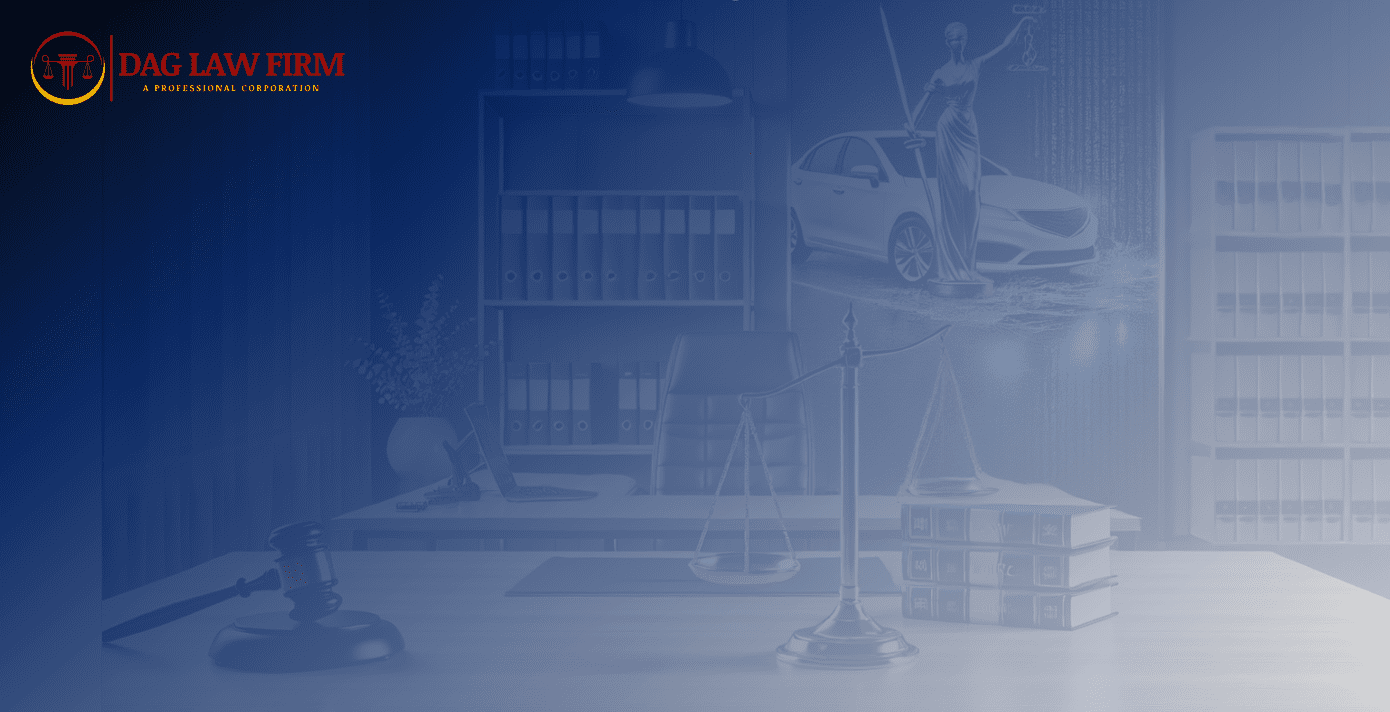DAG Law Firm: Understanding the Process of Waiving Negligence
Handling a personal injury claim can be overwhelming, especially when trying to figure out if you can waive negligence. At DAG Law Firm, we bring extensive expertise to handling personal injury and accident claims. Our commitment is to offer unparalleled guidance, counseling, and securing financial compensation for our clients. With a deep recognizing of the complexities involved, we provide personalized support every step of the way, ensuring you fully comprehend each aspect of the legal process.
The Complexity of Waiving Negligence
When you’ve been injured due to someone else’s negligence, it’s important to understand your rights and options. Waiving negligence means that you agree not to hold the other party responsible for their actions that led to your injury. This is a complex decision, and it’s critical to have a clear recognizing of the implications before proceeding.
Negligence in a personal injury claim typically involves proving that the other party breached their duty of care, resulting in your injuries. Waiving this negligence means that you’re accepting some or all of the responsibility for the accident. It’s essential to weigh the pros and cons carefully before making this decision, and consulting with a legal expert is highly recommended.
Factors to Consider Before Waiving Negligence
Before making any decisions about waiving negligence in a personal injury claim, consider the following factors:
Extent of the Negligence: Evaluate the degree to which the other party was negligent and how it contributed to your injury. This can help determine the fairness of waiving negligence.
Impact on Compensation: Understand how waiving negligence could affect the compensation you receive. Will it impact the amount you’re entitled to, or could it completely waive your right to compensation?
Legal Implications: Thoroughly evaluate the legal implications of waiving negligence. Consulting a legal expert can help you understand the potential impacts on your case.
Personal Circumstances: Consider your own circumstances, including the severity of your injuries, financial needs, and long-term effects. These factors can significantly influence your decision.
Legal Counsel
Seeking legal counsel is crucial when navigating the complexities of waiving negligence in a personal injury claim. At DAG Law Firm, we understand the intricate details involved in these decisions. Our legal team will provide you with the necessary guidance and support, ensuring you make informed decisions that prioritize your best interests.
Our attorneys have vast experience in handling personal injury cases, and we will thoroughly review your case to determine the most appropriate course of action. Whether it’s advising you on the potential outcomes of waiving negligence or representing your interests in negotiations, we are dedicated to securing the best possible outcome for you.
Navigating Personal Injury Claims: Our Unwavering Dedication
At DAG Law Firm, we are committed to representing the distinct needs of personal injury victims with unwavering dedication and diligence. Our personalized approach means that we prioritize recognizing the unique challenges and circumstances you are facing. Whether you seek advice or action, count on us to provide comprehensive legal representation and support.
We understand the physical, emotional, and financial stress that often accompanies personal injury claims. That’s why we’re dedicated to guiding you through the process and fighting for the compensation you deserve. With our expertise and unwavering dedication, we aim to alleviate the burdens you face and secure the best possible outcome for your case.
Conclusion: Schedule an Appointment Today
Navigating the complexities of waiving negligence in a personal injury claim requires expertise and a comprehensive recognizing of the legal process. At DAG Law Firm, our knowledgeable team is ready to provide you with the guidance and representation you need during this challenging time. Schedule an appointment today to discuss your case and take the first step toward securing the compensation you deserve.



